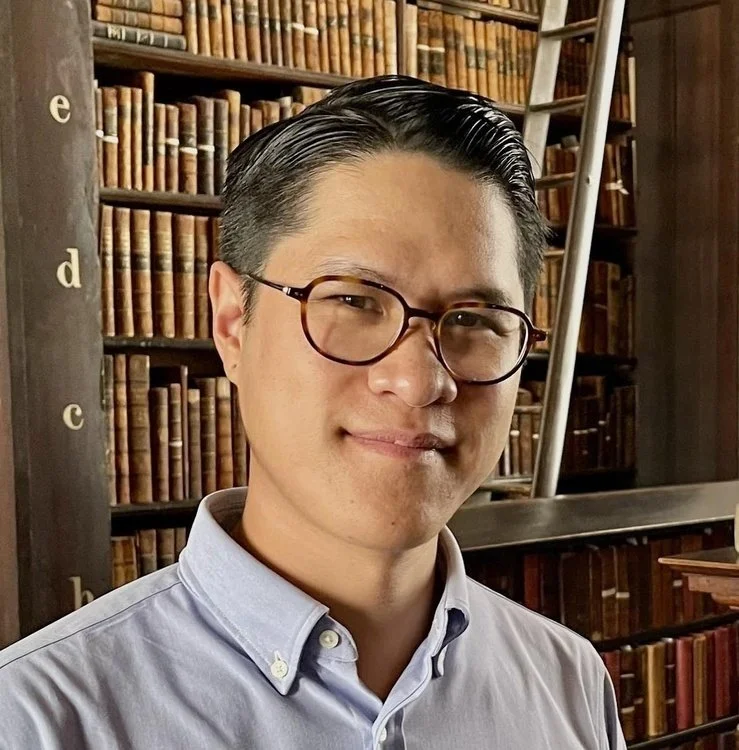Organizer: Southeast Asia Program, Cornell University
Type/Location: In Person / Ithaca, NY
Description:
Join the Southeast Asia Program at Cornell University for a talk by Kevin D. Pham, Assistant Professor of Political Theory at the University of Amsterdam, who will discuss theories of free speech among Vietnamese revolutionaries.
Abstract:
In this presentation, Kevin D. Pham shows how revolutionaries in Vietnam debated the value of free speech. Drawing on the writings of the Nhân Văn-Giai Phẩm (NVGP), a movement of intellectuals who proclaimed support for free speech and communist revolution in North Vietnam in the late 1950s, Pham shows how the NVGP defend free speech as a collective, rather than individual, right and as something that can invigorate the Party so that it can more effectively guide the people towards socialism. They argue that free speech can: 1) help the Party redress their mistakes, 2) identify what is good and bad for the people, and 3) create a socialism that celebrates human diversity. Departing from theories of free speech that emphasize the individual, the NVGP’s theory overlaps with theories that emphasize free speech’s benefits for society. But whereas John Stuart Mill—the eminent defender of free speech—was concerned with conformity, the NVGP was concerned with declining trust between the Party and the people. And whereas Marxist theories of free speech tend to focus on how free speech can help the oppressed win power, the NVGP focuses on how free speech can help socialist transition after winning power. Ultimately, the NVGP offer us a postcolonial theory of free speech, one that presents freedom of speech as the key to long lasting freedom after achieving independence from colonialism.
About the Speaker:
Kevin D. Pham is Assistant Professor of Political Theory at the University of Amsterdam. His research explores how theories of democracy, freedom, and revolution travel across cultures and are adapted by activists and intellectuals responding to colonialism and postcolonial nation building. His book, The Architects of Dignity: Vietnamese Visions of Decolonization (Oxford University Press, 2024), is the first to introduce Vietnamese political thought to the field of political theory. His articles appear in journals such as Theory & Event, European Journal of Political Theory, Review of Politics, Polity, and Philosophy and Global Affairs, among others. He co-hosts two podcasts (Nam Phong Dialogues and Viet History Makers) that make Vietnamese history accessible to a broad public.
Registration:
To attend the event in person, please register here.

